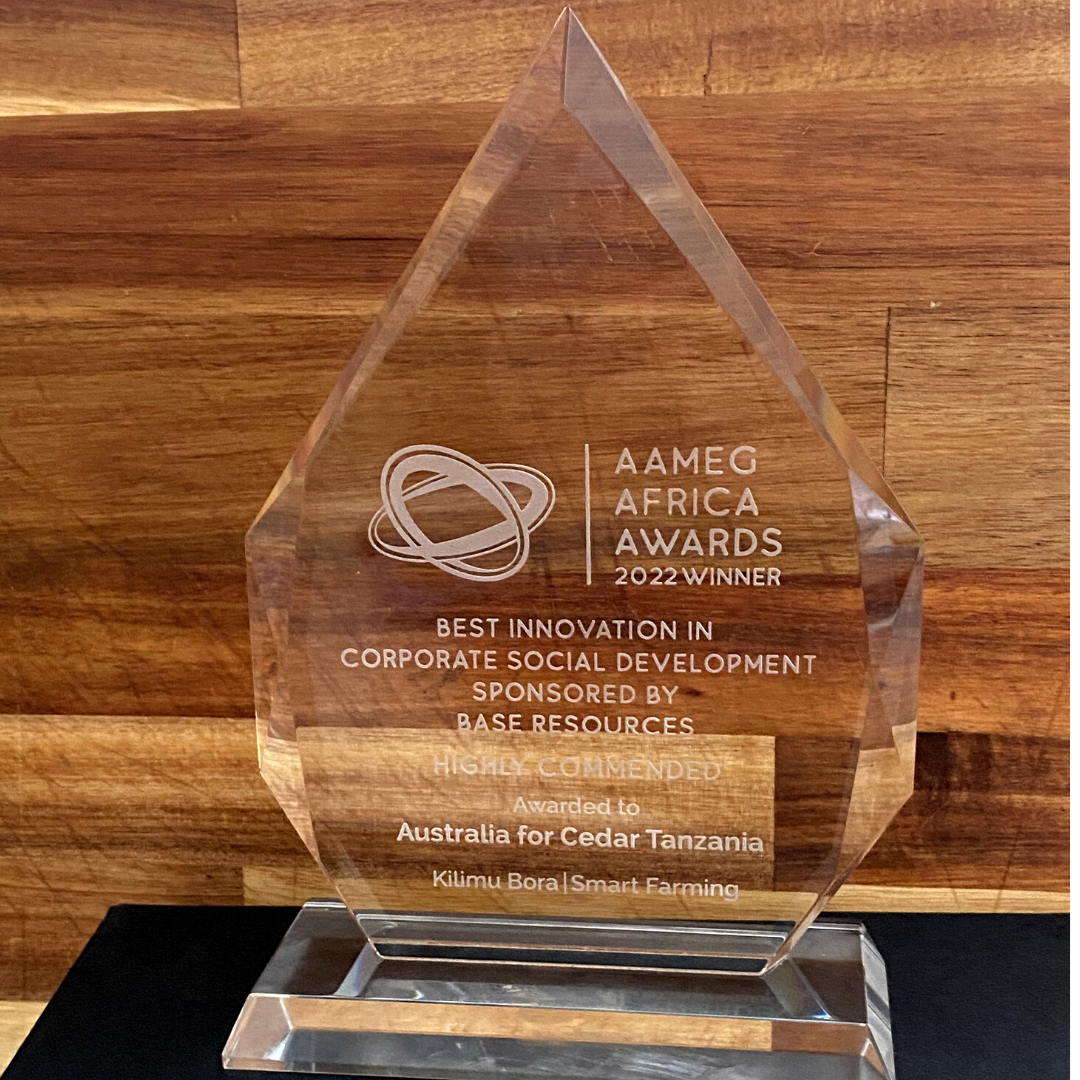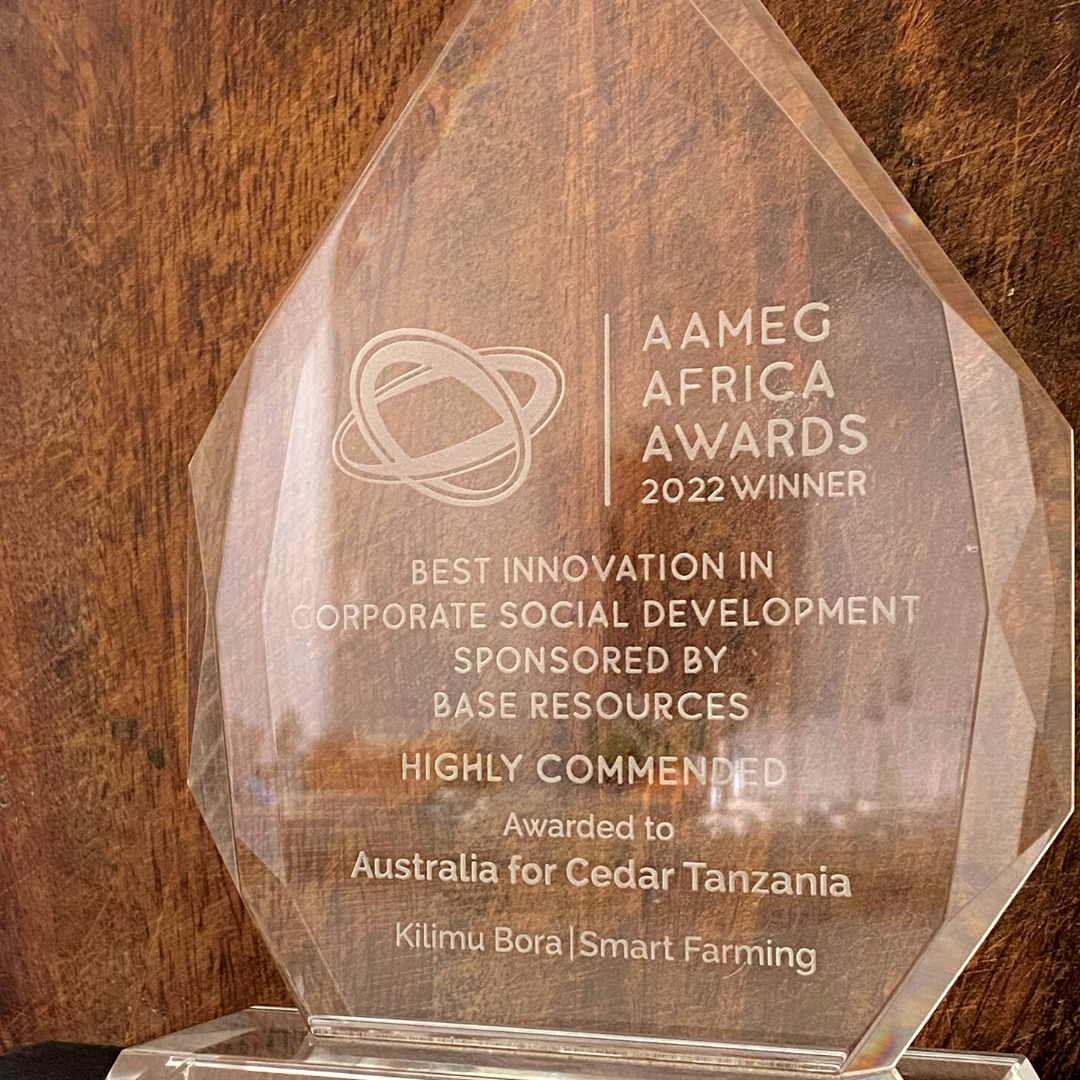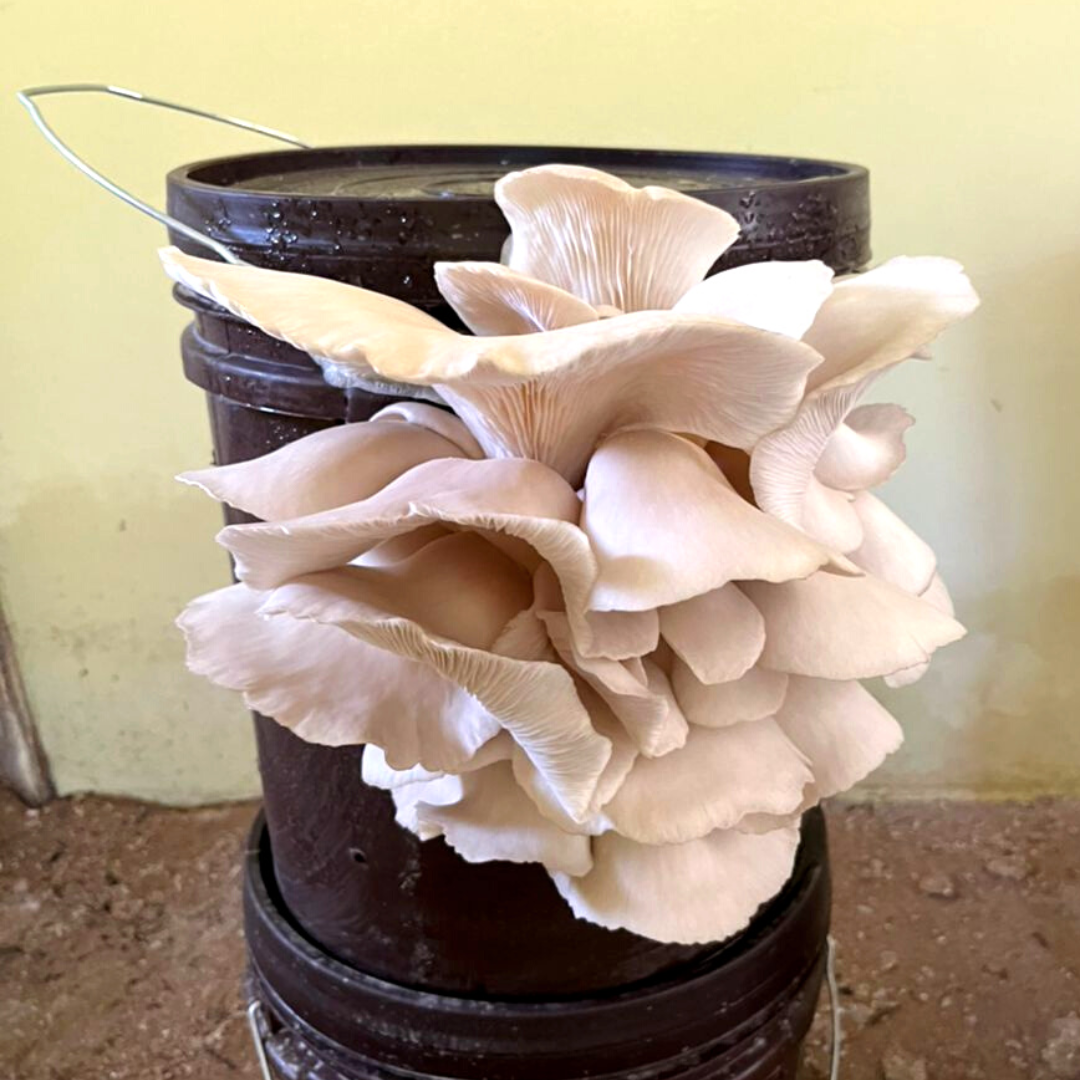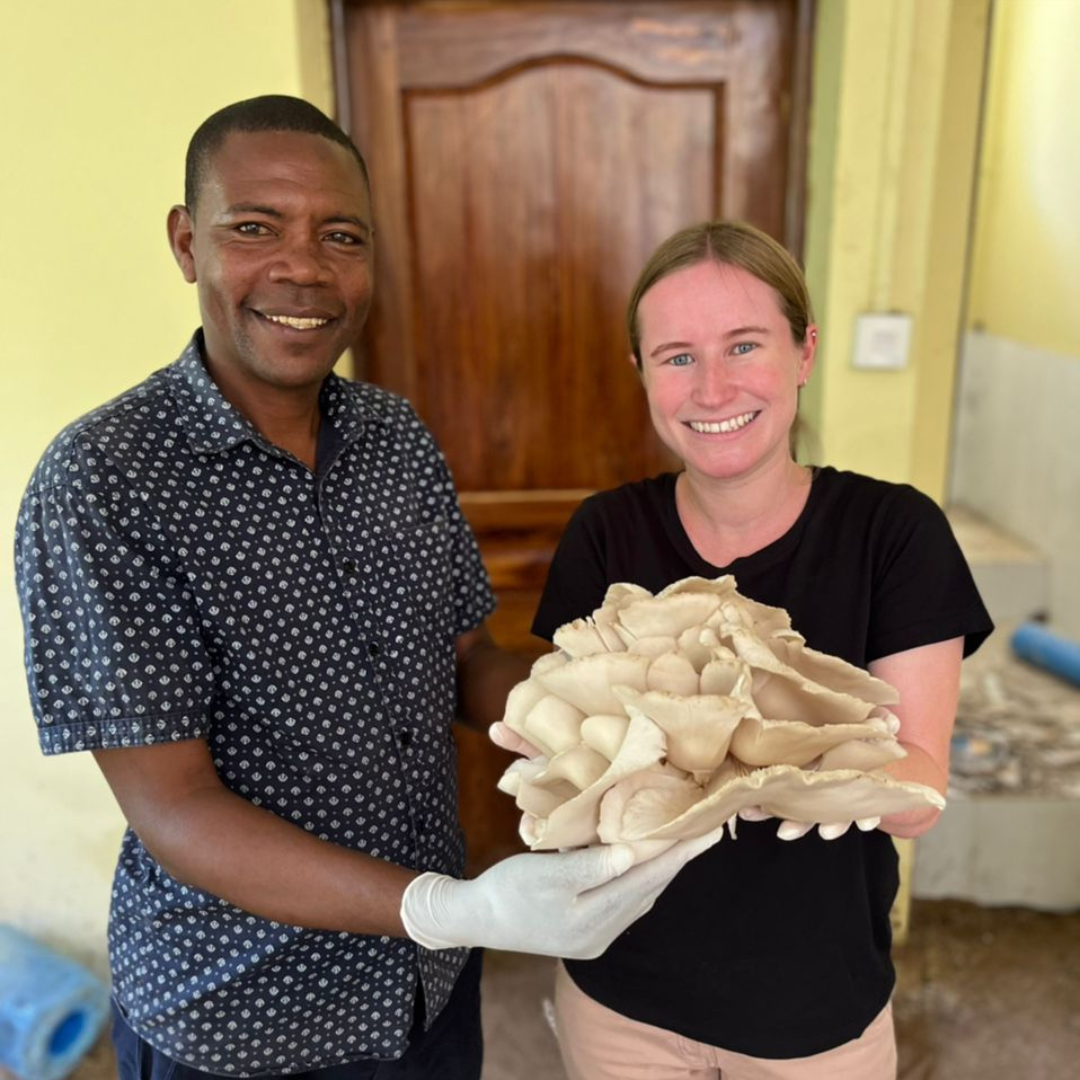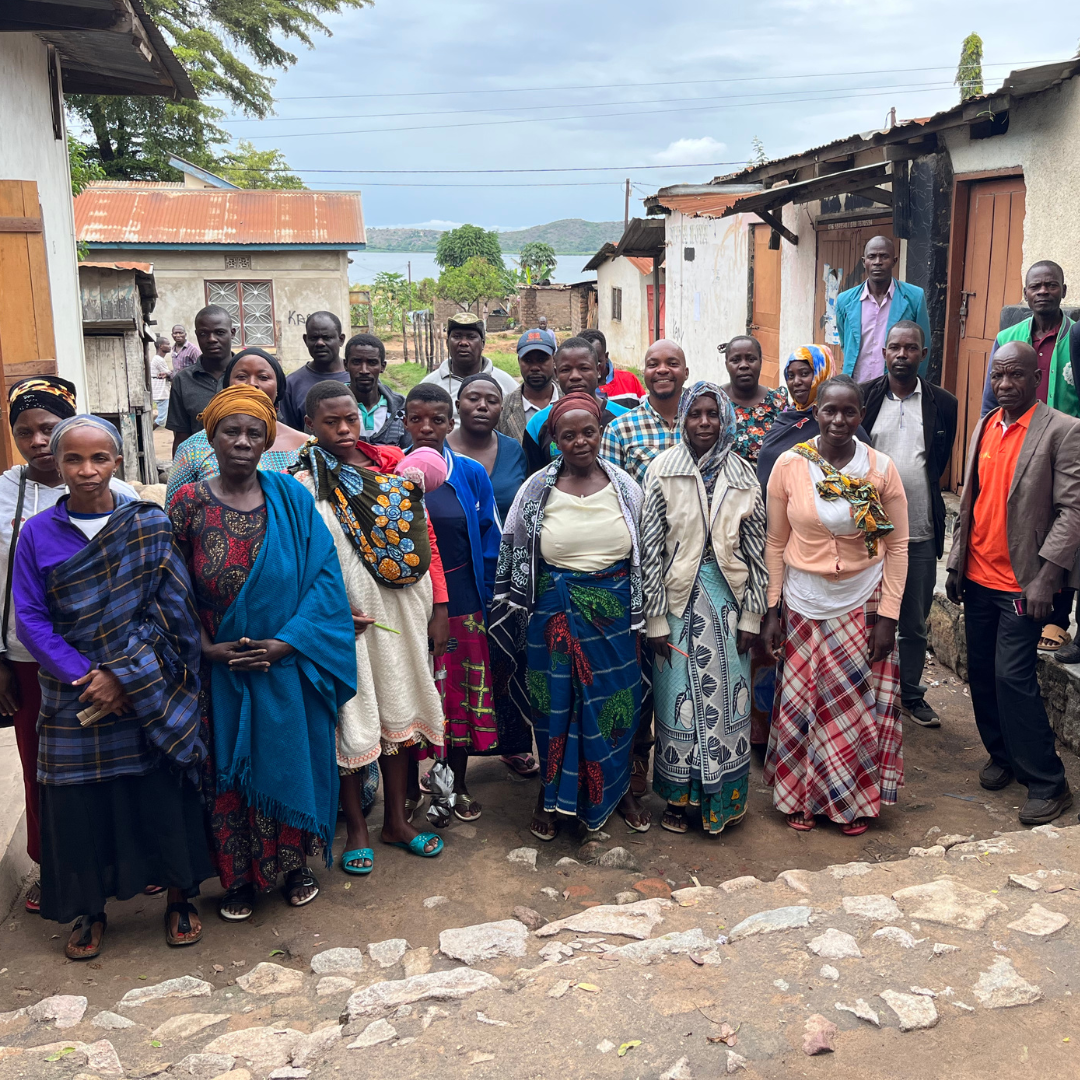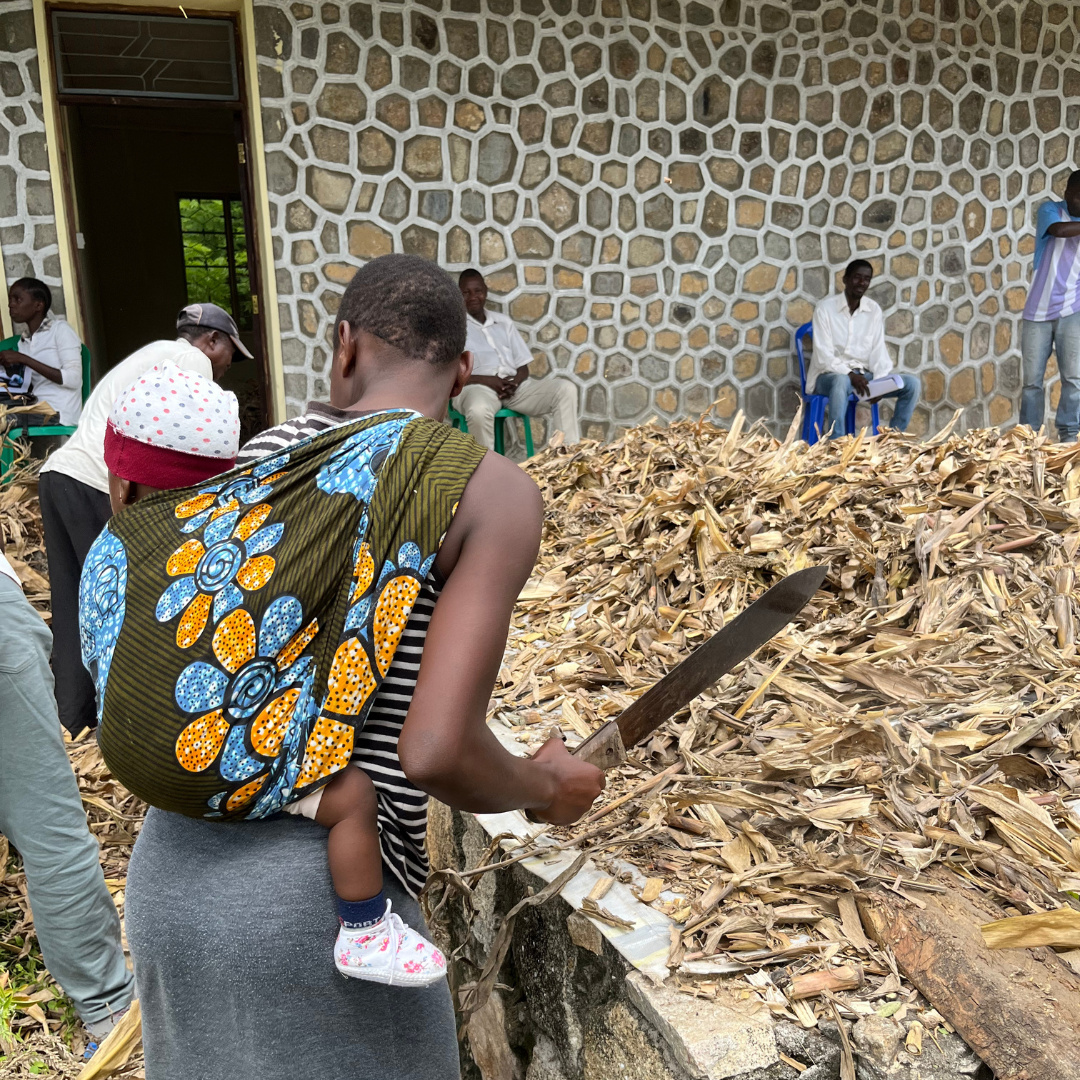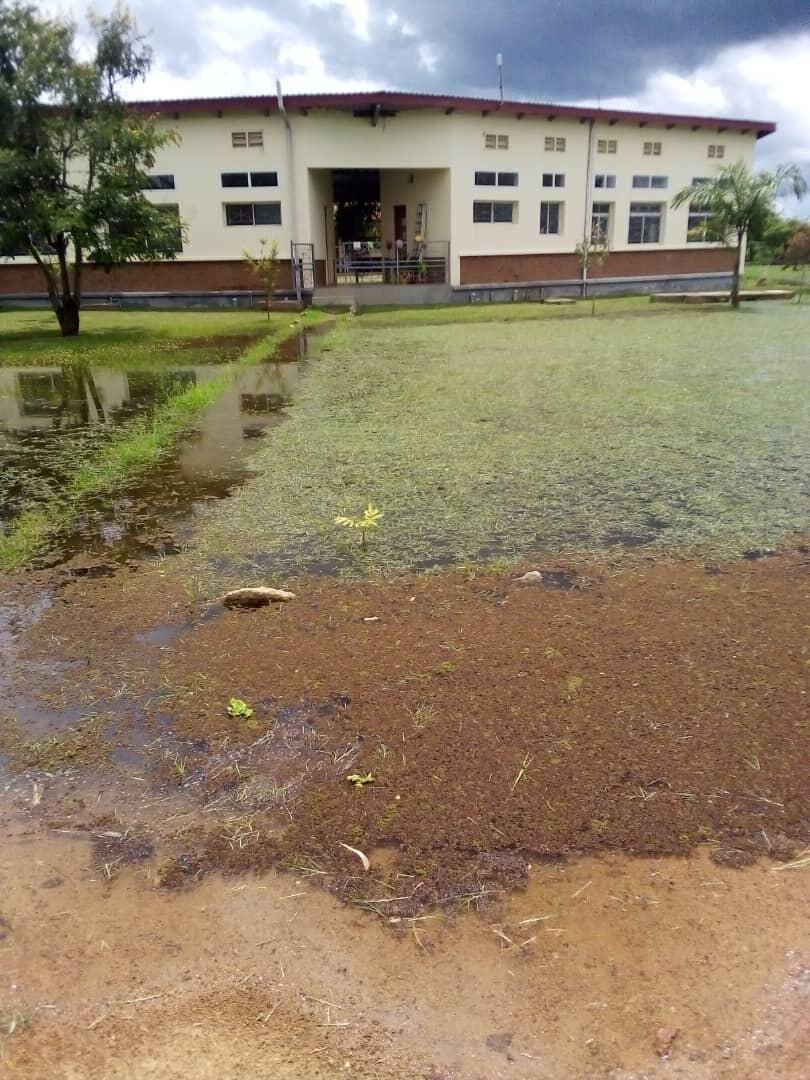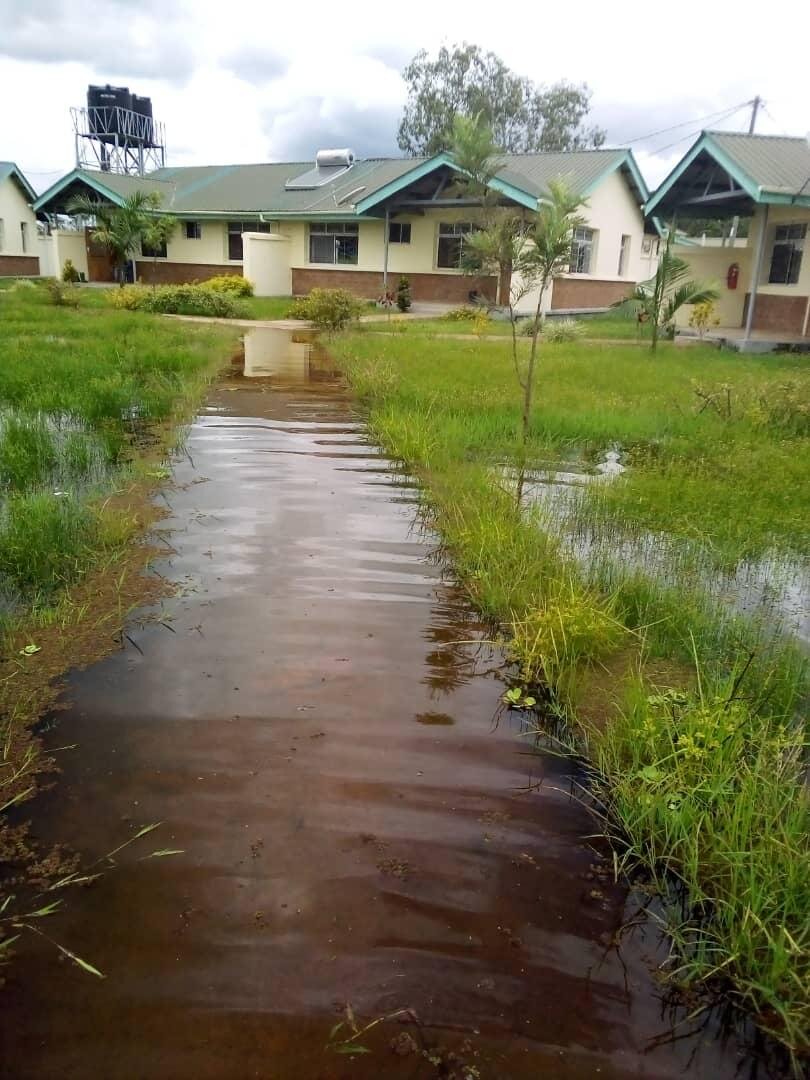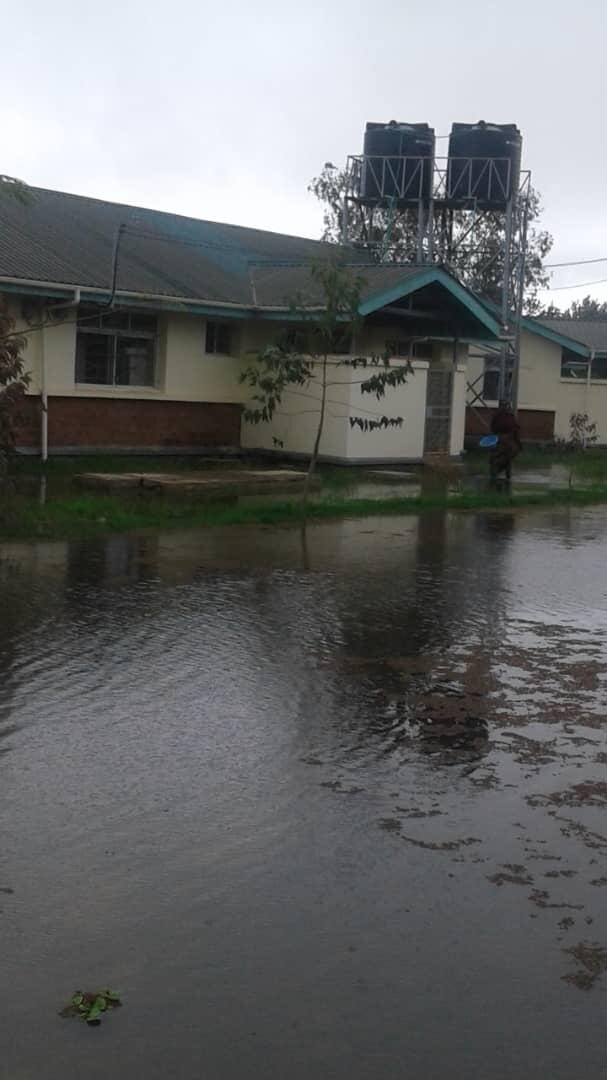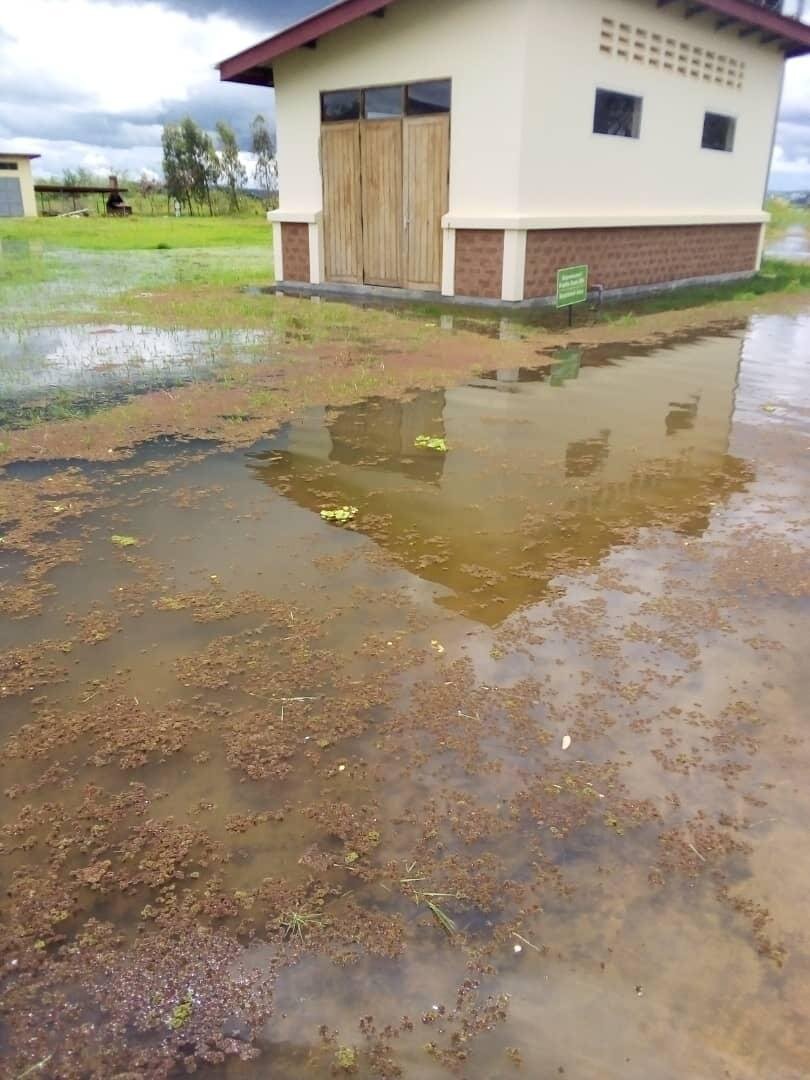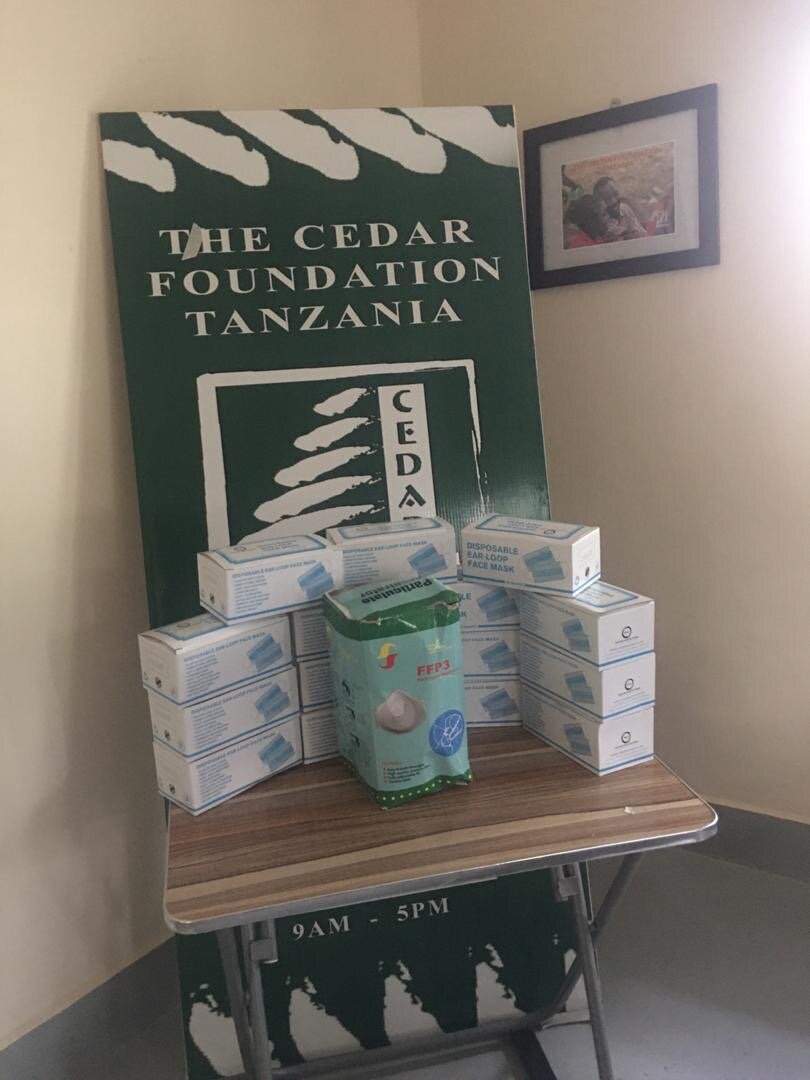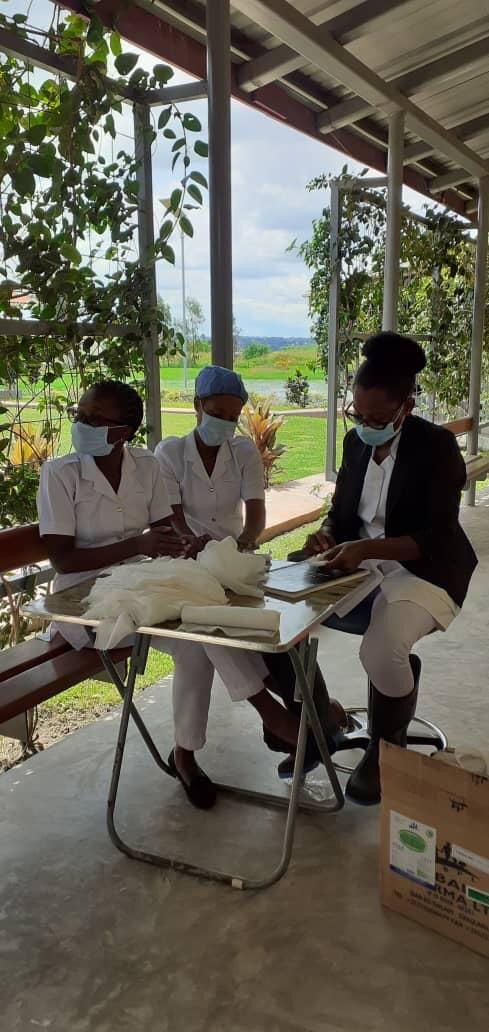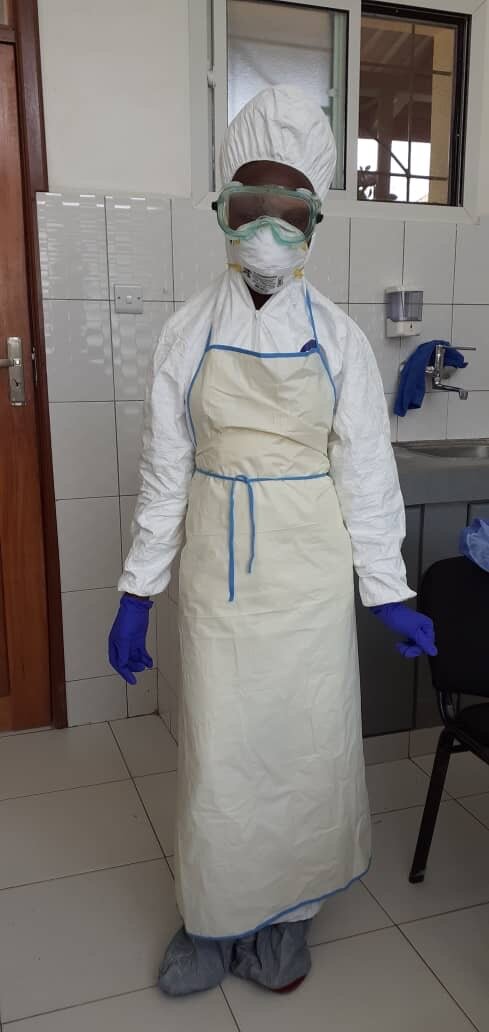A Milestone for Maternal Health in Rural Tanzania
We are proud to announce a significant development in our mission to improve maternal healthcare in rural Tanzania. Capital Drilling (CMS Tanzania Ltd.) has taken a bold and compassionate step by contributing USD 120,000 towards the construction of a new Maternity Ward and Operating Theatre at Kamanga Health Centre, a facility built and managed by Cedar Tanzania in partnership with Sengerema District Council.
Every year, approximately 11,000 women die during childbirth in Tanzania — that’s one woman every 47 minutes. This tragic statistic is fuelled by the lack of accessible, quality maternal health services in rural areas like Nyamatongo Ward. The new maternity ward at Kamanga Health Centre will address this urgent need by increasing bed capacity, improving hygiene and privacy standards, and establishing a dedicated operating theatre for emergency obstetric care.
Capital Drilling’s Impactful Contribution
Capital Drilling's support represents not just a financial investment, but a powerful demonstration of Corporate Social Responsibility (CSR) leadership in action. Their contribution has already enabled the construction of a critical flood barrier to protect hospital infrastructure, and will now facilitate the phased construction of the maternity facility.
“CMS visited the Kamanga Health Centre in 2024 and witnessed first-hand the impact of this work. We are honoured to stand alongside Cedar Tanzania in creating lasting, meaningful change.”
With architectural designs finalised and permits approved, phase 1 of the construction is beginning end of July 2025 and we expect the maternity ward will be open for business beginning of 2026. Phase 2, the operating theatre, can begin as soon as the remaining funding is secured.
What’s Still Needed
We are now calling on the broader business community—especially those in the mining, energy, and resource sectors—to join us. To fully realise this project, we urgently need:
USD 113,000 for the operating theatre
Additional funding for medical equipment and furnishings
This is an opportunity to align your organisation's ESG commitments with high-impact, community-driven development.
Join Us – Be Part of the Legacy
Would your company like to be part of this transformative initiative?
🔹 Visit the project and see our work in action
🔹 Contribute funding to close the remaining gap
🔹 Align your CSR with measurable, sustainable outcomes
For further information or to arrange a site visit, please contact:
📧 Nina Hjortlund – nina@cedarfoundation.org
📧 Paulina Urassa – paulina@cedarfoundation.org
📧 Amani George – amani@cedarfoundation.org
You may also connect with Capital Drilling representatives:
📧 Mugisha Lwekoramu – Mugisha.lwekoramu@capdrill.com
📧 Martin Rubenga – martin.rubenga@capdrill.com
🌐 www.australiaforcedartanzania.org
Together, Let’s Deliver Safe Birth for Every Mother
The Kamanga Health Centre currently serves over 1,500 patients monthly, delivers two babies every day, and provides free health checks to 680 children under five. With your help, we can expand this impact and ensure that no woman has to give birth without care.















